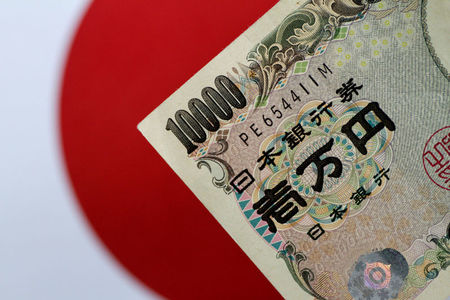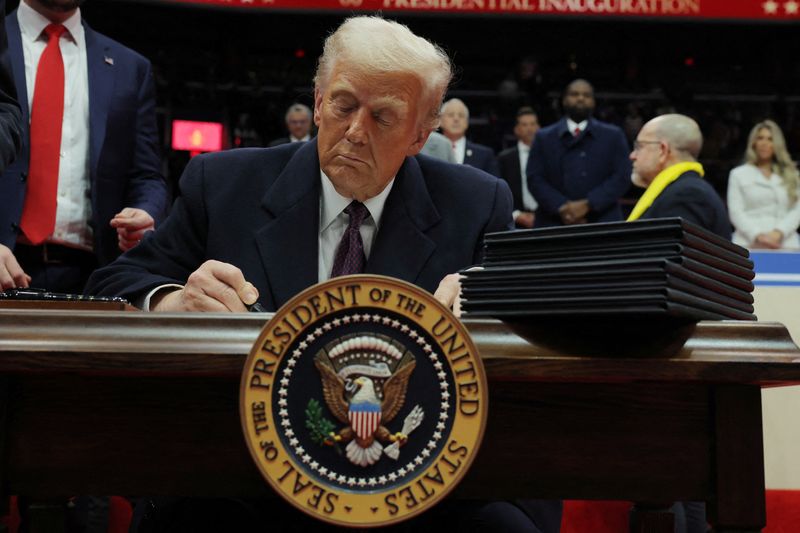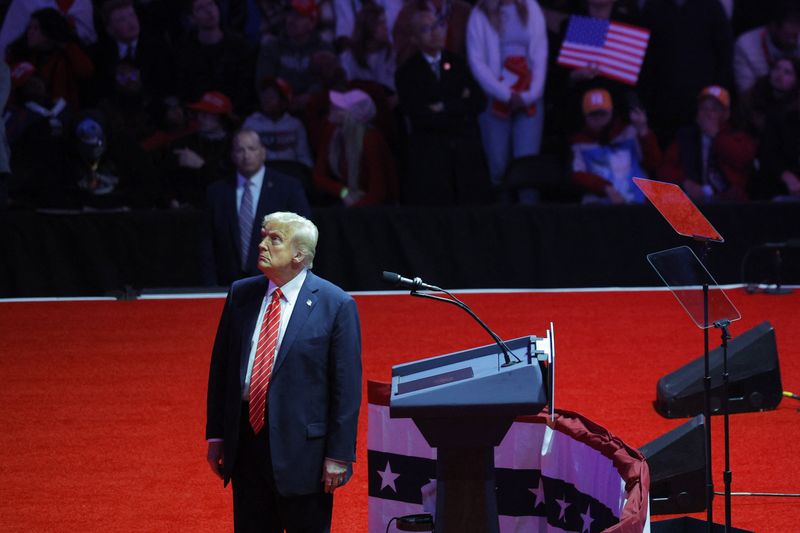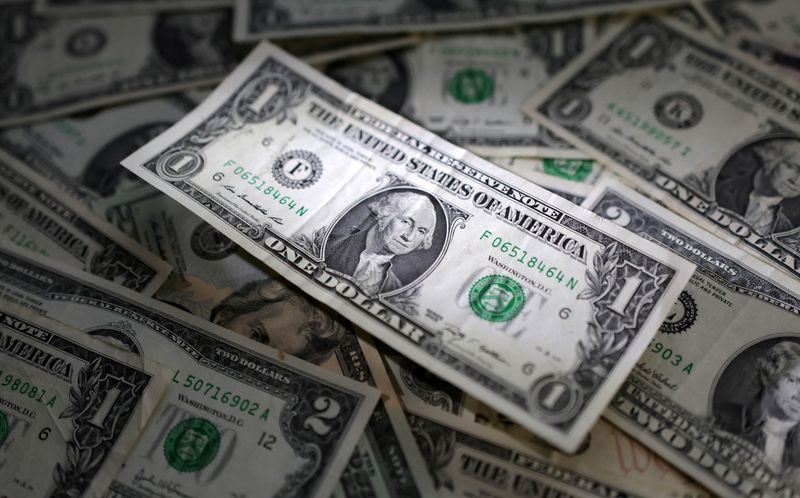
Citi has provided commentary on the USD/JPY currency pair, drawing parallels to historical currency movements and forecasting potential future trends. The financial services company suggested that while the upside for the USD/JPY has been more constrained than initially anticipated, the pair is unlikely to fall below ¥140/$ until next year.
Citi anticipates a possible rebound to between ¥151/$ and ¥155/$ before any significant decline.
The firm’s analysis indicates that the USD/JPY has preemptively factored in a shrinkage in the interest rate differential to around 4%. It expects the next considerable drop in the pair’s value to occur after the actual interest rate spread between the U.S. and Japan narrows to clearly less than 4%, a scenario they believe could unfold over the next six months. Looking further ahead, Citi’s forecasts for the USDJPY are below ¥140/$ in 2025, ¥130/$ in 2026, and ¥120/$ in 2027.
Citi also referenced the sharp downturn in the USD/JPY during the 1998 LTCM crisis as a historical precedent, noting the currency pair’s significant drop after periods of uptrend driven by the Japanese Yen (JPY) carry trade in 1998 and 2007. The firm suggests that the USDJPY could face a similar risk of a 30%-40% correction within a few years or even months, as was observed in the past.
The commentary highlighted that historically, the USD/JPY had risen when the interest rate spread exceeded 4.75% and tended to decline when the spread was below this threshold. Citi pointed out that the current wide interest rate spread and the high carry/volatility ratio could lead to a temporary resurgence in the JPY carry trade.
This article was generated with the support of AI and reviewed by an editor. For more information see our T&C.
This post is originally published on INVESTING.






